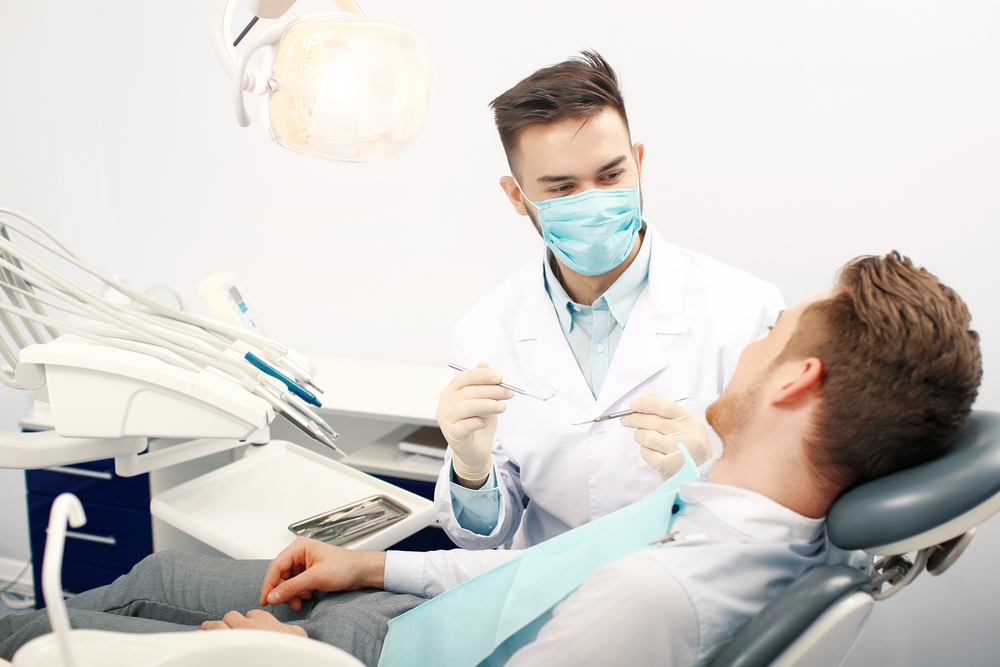Comprehensive Guide to Maintaining Healthy Gums During Pregnancy
This comprehensive guide provides essential strategies for maintaining healthy gums during pregnancy. It emphasizes proper oral hygiene, nutritional support with key vitamins, the use of natural remedies like sea salt rinses, and the importance of professional dental care. These practices help prevent gum disease, reduce inflammation, and promote overall oral health, ensuring both mother and baby's well-being during this critical period. By following these expert tips, expectant mothers can enjoy a healthier, more comfortable pregnancy with a confident smile.

Effective Strategies to Support Your Gum Health Throughout Pregnancy
Pregnancy is an exciting yet demanding time that involves significant hormonal changes within a woman's body. These hormonal fluctuations can have a profound impact on oral health, particularly affecting the gums. Many pregnant women experience increased sensitivity, bleeding, and inflammation in their gums, which can lead to more serious conditions such as pregnancy gingivitis or periodontitis if not properly managed. Recognizing the importance of maintaining optimal oral hygiene during this critical period is essential for both maternal and fetal health.
In addition to hormonal influences, lifestyle factors such as diet, smoking, alcohol consumption, and intake of sugary foods play substantial roles in oral health. Poor nutrition and unhealthy habits can exacerbate gum problems, making prevention and early intervention vital. Pregnant women are encouraged to seek prompt dental care if they notice symptoms like bleeding gums, persistent bad breath, or tooth discomfort to prevent exacerbation of gum disease and other oral health issues.
To help expectant mothers keep their gums healthy and avoid complications, a set of comprehensive, proven strategies can be adopted. These approaches focus on enhancing oral hygiene, boosting immune defenses, and ensuring nutritional support, all tailored to meet the unique needs of pregnancy. In this article, we delve into these methods, providing detailed guidance on how to effectively care for your gums during this transformative time.
Maintain Rigorous Oral Hygiene:
Consistent and thorough oral hygiene practices are foundational to preventing gum disease. This includes brushing teeth at least twice daily with a fluoride toothpaste, flossing daily to remove plaque and food debris from between teeth, and scheduling regular dental checkups—preferably every six months or as recommended by your dentist. Proper brushing technique, such as using gentle circular motions and covering all tooth surfaces, helps eliminate plaque buildup that can lead to inflammation and infection. Regular dental visits are crucial for professional cleanings, early detection of issues, and personalized advice tailored to pregnant women’s needs.
Enhance Diet with Vitamin C-Rich Foods:
Incorporating foods rich in vitamin C into your diet can significantly enhance gum health. Vitamin C is essential for collagen synthesis, a key component of gum tissue, and supports capillary integrity, reducing bleeding and inflammation. Fresh fruits such as oranges, strawberries, kiwi, and guava are excellent sources. Additionally, vitamin C has antioxidant properties that strengthen the immune system, helping your body fight off harmful bacteria in the oral cavity. Consuming these foods regularly can also aid in healing existing gum issues and improve overall oral resilience during pregnancy.
Incorporate Adequate Vitamin A Intake:
Vitamin A plays a vital role in maintaining healthy mucous membranes, oral tissues, and bone development, all of which are crucial during pregnancy. Proper levels of vitamin A support the repair of damaged gum tissue and promote healthy tooth development. Pregnant women should include foods like sweet potatoes, carrots, spinach, and eggs in their diet to meet their vitamin A needs. In some cases, your healthcare provider might recommend supplements to ensure optimal levels, but always consult a professional before starting any new supplement regimen.
Utilize Sea Salt Mouth Rinses:
Rinsing your mouth with a warm solution of sea salt and water is a simple yet effective method to fight bacteria and reduce inflammation. This natural remedy helps create a hostile environment for harmful bacteria and promotes healing of irritated gums. To prepare, dissolve half a teaspoon of sea salt in a cup of warm water and rinse your mouth thoroughly for about 30 seconds. Repeat this process two to three times daily, especially after meals and brushing, to maintain a clean oral environment and support gum health during pregnancy.
Increase Intake of Vitamin D and Calcium:
Vitamin D and calcium are essential for strong teeth and bones, which are particularly important during pregnancy for fetal development and maternal health. Adequate calcium intake helps maintain dental integrity and prevents conditions like osteoporosis that could affect oral health. Vitamin D facilitates calcium absorption and has immune-modulating properties. You can boost your intake by consuming dairy products like milk, cheese, and yogurt, as well as fatty fish, fortified foods, and supplements if recommended by your healthcare provider. Maintaining balanced levels of these nutrients supports immune function, reduces the risk of gum disease, and promotes overall oral well-being during pregnancy.
While these strategies can significantly improve gum health, engaging with a dental professional is paramount. Dentists can offer personalized assessments, recommend safe treatments or medications, and provide professional cleanings to prevent severe periodontal issues. Early intervention allows you to avoid tooth loss, alleviate gum pain, and prevent complications that could affect your pregnancy. Prioritizing your oral health is an essential component of a healthy pregnancy journey.




